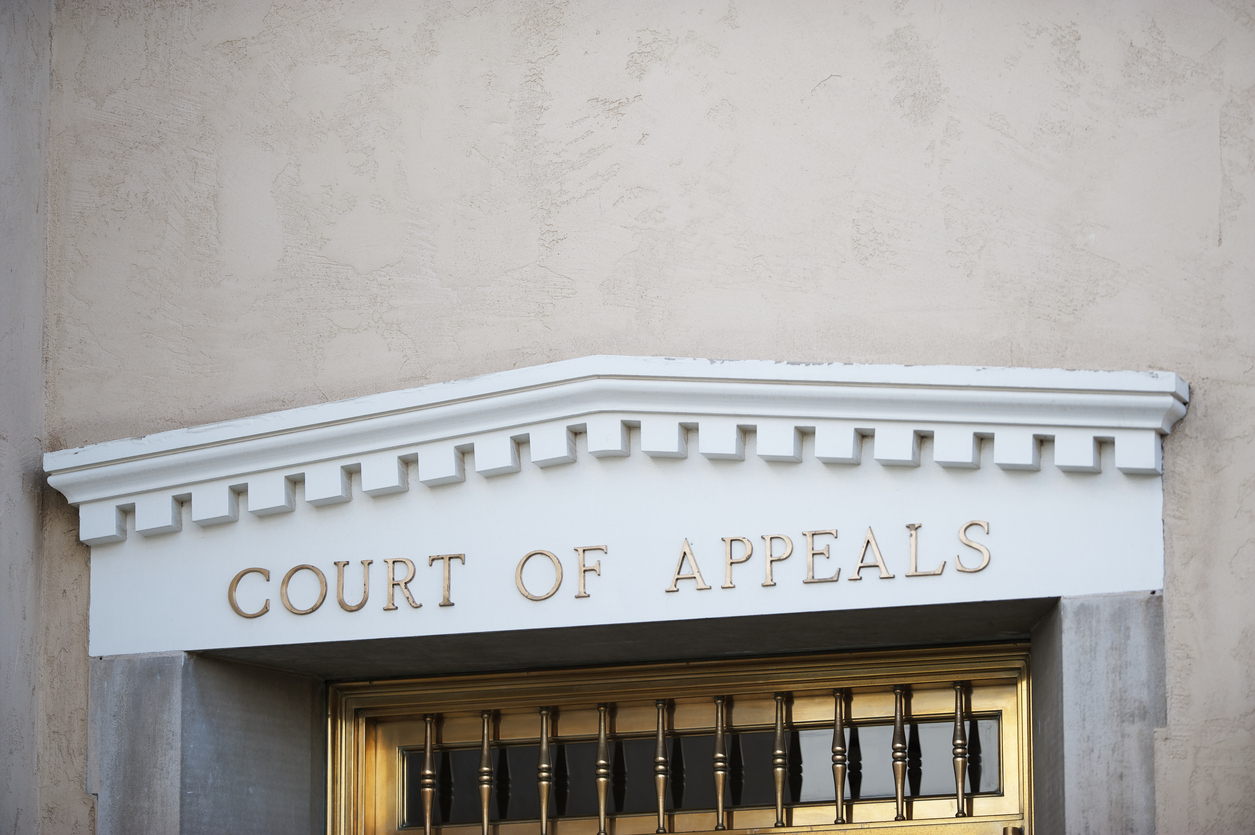Insurance companies often have clauses which shorten the time to file suit against them that are less than the statutory limitations for suit. Some states allow this, and some states do not. An important North Carolina decision filed yesterday indicates that North Carolina will not allow insurance companies to shorten statute of limitations under property insurance policies. The limitations period is three years from the date of the loss.1
The insurance company had the following in its policy:
F. LEGAL ACTION AGAINST US. No one may bring a legal action against us under this Coverage part unless: …..
2. The action is brought within 2 years after the date on which the direct physical loss or damage occurred.”
North Carolina is a standard policy law state and has the following statute, N.C. Gen. Stat. § 58-3-35, which provides as follows:
“Stipulations as to jurisdiction and limitation of actions.
(a) No insurer, self-insurer, service corporation, HMO, MEWA, continuing care provider, viatical settlement provider, or professional employer organization licensed under this Chapter shall make any condition or stipulation in its contracts concerning the court or jurisdiction in which any suit or action on the contract may be brought.
(b) No insurer, self-insurer, service corporation, HMO, MEWA, continuing care provider, viatical settlement provider, or professional employer organization licensed under this Chapter shall limit the time within which any suit or action referred to in subsection (a) of this section may be commenced to less than the period prescribed by law.
(c) All conditions and stipulations forbidden by this section are void.
The 4th Circuit Court of Appeals held:
We conclude that the district court correctly applied the relevant statutory provisions, North Carolina General Statute § 1-52(12) and § 58-44-16, to Skyline’s claims for declaratory judgment and breach of insurance contract. In making this determination, we first look to § 58-44-16 to ascertain whether the statute governs real property insurance policies. The title of § 58-44-16—’Fire insurance policies; standard fire insurance policy provisions’—is misleading, as it would seem to suggest that § 1-52(12) applies only to fire insurance policies. However, North Carolina courts have extended the limitations period applicable to fire insurance policies to homeowner’s insurance policies and similar policies insuring real property. See Page v. Lexington Ins. Co., 177 N.C.App. 246, 628 S.E.2d 427, 428 (2006) (homeowner’s property insurance); Marshburn, 353 S.E.2d at 124 (same). Moreover, the Supreme Court of North Carolina previously deemed ‘[h]omeowners insurance to be fire insurance’ for purposes of the State ratemaking statute. State ex rel. Comm’r of Ins. v. N.C. Fire Ins. Rating Bureau, 292 N.C. 471, 234 S.E.2d 720, 728 (N.C. 1977). Here, First Baptist purchased property insurance coverage for its real estate. Thus, North Carolina precedent provides support for extending the limitations period in § 1-52(12) and § 58-44-16 to the property insurance policy in question.
Next, we review whether North Carolina law extends the application of § 58-44-16 to losses that are not fire related. Notably, North Carolina courts have extended the limitations period applicable to fire insurance policies and homeowner’s insurance policies, even when the damage was not fire related. See Page, 628 S.E.2d at 430 (loss caused by ruptured sewer pipeline); Marshburn, 353 S.E.2d at 126–28 (loss caused by lightning strike); Quillen v. Allstate Corp….(W.D.N.C. Nov. 20, 2014) (loss caused by explosion). In the instant case, the damage to First Baptist’s property was not caused by fire. Instead, the loss was caused by windstorm. Thus, under the relevant legal framework, the Court may apply § 58-44-16 to loss by windstorm. At this stage of the proceedings, the insurance policy’s coverage is what subjects the relevant policy to the statute of limitations under § 58-44-16(f)(18) regardless of the scope of the policy’s coverage. See N.C. Gen. Stat. § 58-44-16(f)(18) (applying to any ‘suit or action on [a real property insurance] policy for the recovery of any claim,’ regardless of whether the claimed loss is fire related).
Because § 58-44-16 extends to insurance policies covering real property for fire and non-fire losses, we conclude that the district court correctly applied the relevant statutory provisions, North Carolina General Statute § 1-52(12) and § 58-44-16, to Skyline’s claims for declaratory judgment and breach of insurance contract. In the instant case, the statute of limitations began to accrue on the date of loss, October 7, 2016, when hurricane-force winds damaged First Baptist’s real property. Because Skyline brought this action on November 22, 2019, more than three years after the date of loss, the district court properly dismissed Skyline’s declaratory judgment and breach of contract claims as time barred.
Skyline is a restoration contractor. It argued that the time to start the statute of limitations was on the date of the breach. While the policy’s 2-year limitation did not apply, the court was clear that the date is from the date of the loss, which was more than three years from when the suit was filed.
The bottom line is that North Carolina property insurance policies have a statutory three-year limitations period regardless of the cause of the loss which starts running on the date of the loss. Please note that this does not apply to federal flood insurance policies issued in North Carolina, which have a federally mandated one-year statute of limitations running from the date of denial.
Thought For The Day
I think that American music, for me, it’s a synthesis of a lot of different things. But for me growing up in North Carolina, the stuff that I was listening to, the things that I was hearing, it was all about black music, about soul music.
—James Taylor
________________________________
1 Skyline Restoration, Inc. v. Church Mutual Ins. Co., No. 20-1549, 2021 WL 5912171 (4th Cir. Dec. 15, 2021).




